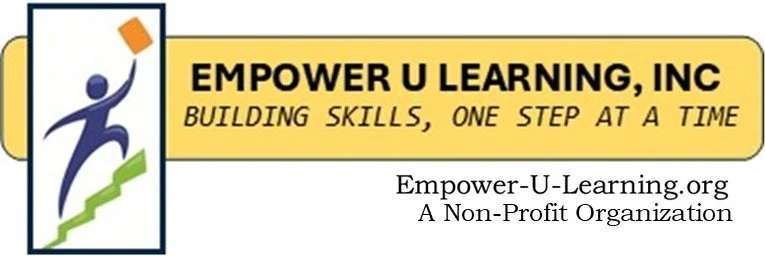Banking Basics
Banking Basics: Managing Your Money with Confidence
A bank account is often the first big step toward financial independence. This course introduces young adults to the fundamentals of banking, helping them understand how to safely store money, use accounts, and take advantage of financial services that support everyday life.
Participants will learn how to:
Understand different types of accounts – Checking, savings, certificates of deposit (CDs), and money market accounts.
Open and manage an account – What’s required to get started, how to deposit money, and how to keep accounts secure.
Use debit cards and checks – How transactions work, balancing a checkbook, and tracking spending.
Understand fees and charges – Common banking fees like overdrafts, ATM charges, and how to avoid them.
Use online and mobile banking – Safely managing money through apps, transfers, bill pay, and alerts.
Balance an account – Reconciling statements, tracking deposits and withdrawals, and ensuring accuracy.
Recognize FDIC insurance – Understanding how banks protect deposits up to certain limits.
Build banking habits for the future – Using accounts to save, manage cash flow, and establish financial stability.
By the end of this course, participants will see that banks are more than just places to store money—they are tools for building security, managing daily finances, and preparing for long-term financial goals. Students will leave with the confidence to open, use, and manage bank accounts effectively.
